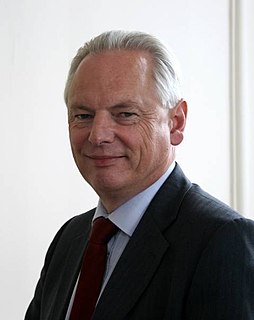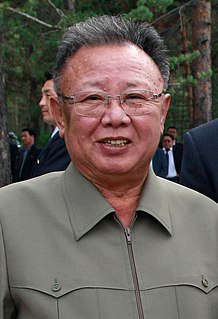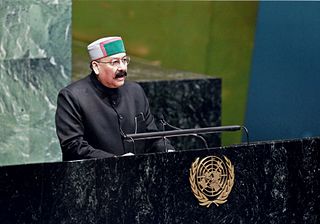A Quote by Francis Maude
I feel fantastically excited that we have a leader who fought for the leadership without compromising his quite challenging view that the party has to change.
Quote Topics
Related Quotes
The manager administers; the leader innovates. The manager has a short-range view; the leader has a long-range perspective. The manager asks how and when; the leader asks what and why. The manager has his eye on the bottom line; the leader has his eye on the horizon. The manager accepts the status quo; the leader challenges it.
I want you to notice nature, how geese are in flight and they form a V in a leadership role…The lead goose, when he gets tired of flapping his wings, he drops to the back and the next goose comes up front. Without stopping, without fussing, without whining. He becomes that next leader, he or she, that’s what we have to do.
Jeremy Corbyn couldn't have won without Labour changing its leadership election rules in 2014, but which more importantly got rid of the electoral college that had given MPs a third of the say over who leads the party. That's why Diane Abbott came last when she ran for leader in 2010, even though in the absolute number of votes she came third out of five. It's one of those wonderful historical ironies that the change to the rules was a victory for the Labour right, the result of a push back against the unions who had been asserting themselves more forcefully within the party.
No leader can possibly have all the answers . . . .The actual solutions about how best to meet the challenges of the moment have to be made by the people closest to the action. . . .The leader has to find the way to empower those frontline people, to challenge them, to provide them with the resources they need, and then to hold them accountable. As they struggle with . . . this challenge, the leader becomes their coach, teacher, and facilitator. Change how you define leadership, and you change how you run a company.
Often, in a given project team or network, one sees leadership roles shifting among various members at various times. Attempts to fit these into traditional views of "leader" and "follower" don't quite work. It's more like Twitter: the "leader" has "followers" - but the "followers" are empowered to alter the relationship unilaterally, and the "leader" must continually earn the consent of the "followers."

































